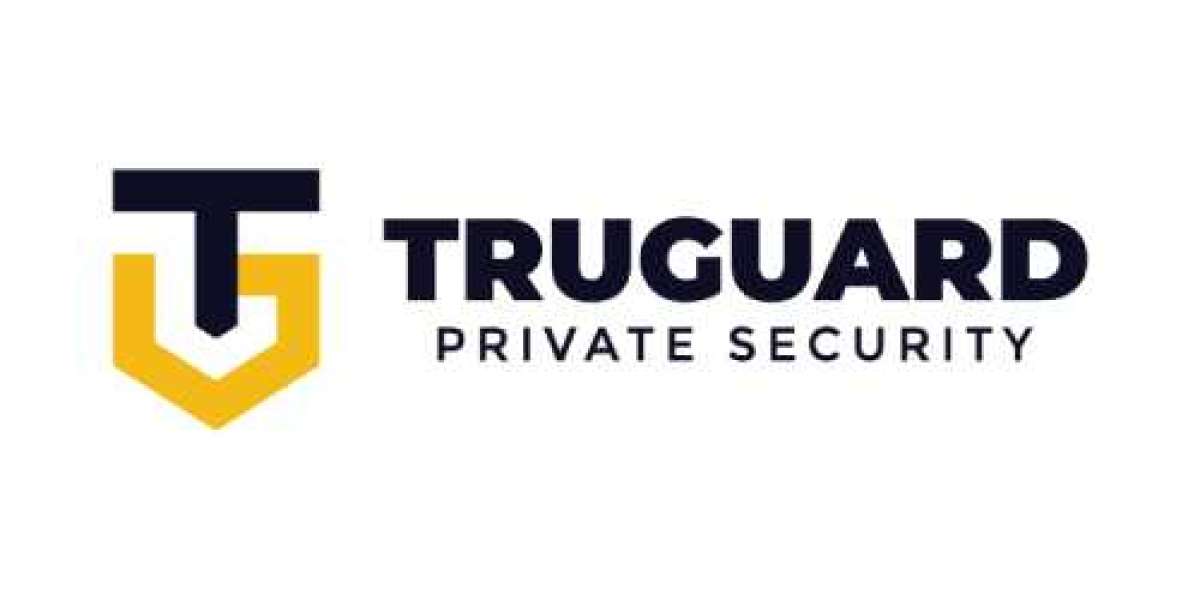Accounts receivables are at the core of financial success for any business. When customers fail to make timely payments on outstanding balances, this can put undue strain on cashflow and hinder operations. It's critical to effectively collect past due accounts receivables - this guide reveals proven strategies and best practices that can streamline collections processes so your organization remains financially sound.
Understanding Past Due Accounts Receivables
Before diving into collection strategies, let's briefly define past due accounts receivables. Accounts receivables management services refers to payments due from customers for products and services purchased on credit. When these payments become overdue and remain unpaid for an extended period, they become past due accounts receivables.
The Impact of Past Due Accounts Receivables
Late payments and past due accounts receivables can significantly impact your business in several ways:
Cash Flow Constraints: Unpaid invoices restrict your cash, hindering investments or covering daily expenses.
Increased Borrowing Costs: Financial issues may require external financing options, leading to additional interest and borrowing costs.
Reduced Profit Margins: Non-payment or delayed payment disrupts your financial projections and may lead to lower profit margins.
Strained Customer Relationships: Unmanaged collections can damage relationships with valued customers and lead to lost business in the future.
Effective Strategies for Collecting Past Due Accounts Receivables
Clear and Consistent Invoicing
Step one to managing past due outsourced accounts receivable services is issuing clear and accurate invoices promptly. Make sure all invoices contain specific details on products or services offered, payment terms, due date, penalties for late payments and more. Sticking with consistent invoicing helps customers understand your expectations while encouraging prompt payments.
Timely Follow-ups
Proactive communication is key to managing past due accounts. Create a systematic follow-up system with friendly reminders before the due date arrives and prompt follow-up after its past. Gentle but firm reminders via emails, phone calls or letters can motivate customers to pay on time.
Offer Multiple Payment Options
Make payment easy for your customers by offering multiple payment methods, such as credit cards, electronic transfers and online payment portals. Multiple methods will increase the likelihood of timely payments being received.
Establish Clear Payment Policies
Write out and make available to customers the payment policies that govern your business, from payment terms to late fees, and the consequences of non-payment. A well-defined policy sets clear expectations and may help avoid future disputes.
Offer Incentives and Discounts
Consider offering early payment incentives or discounts to customers who settle their accounts early, in order to encourage prompt payment and boost cash flow. This approach could encourage promptness in payment while improving cash flow.
Implement Aging Reports
Create regular aging reports to monitor the status of your outsourcing accounts receivables. Aging reports categorize outstanding invoices according to their due dates, making it easier to prioritize collections efforts and identify high-risk accounts.
Establish Payment Arrangements
If a customer is experiencing financial challenges, consider working together on creating a payment plan that reflects their capacities. Working in tandem will foster a positive working relationship and increase chances of collecting payment.
Engage with Professional Collections Agencies
When internal efforts fail to produce results, engaging reputable collections agencies may be an option. They have the experience and resources necessary to pursue delinquent accounts while abiding by legal and ethical practices.
Know Your Legal Rights and Limitations
Understanding and adhering to debt collection laws and regulations in your region is vital. Complying with such regulations ensures you avoid potential legal complications while safeguarding the reputation of your business.
Conclusion
Collecting past due accounts receivable outsourcing in USA is key to any business's financial wellbeing, so a well-managed collections process not only ensures steady cash flow but also builds customer relations while mitigating late payments. By adhering to clear invoicing practices, proactive communication, and flexible payment options you can build positive customer relations while mitigating late payments' effect on relationships and mitigate late payments' effects. Also be informed about your legal rights when necessary so as to leverage professional collections agencies more efficiently when necessary - remember a well managed collections process not only ensures steady cash flow but builds your business's standing as reliable business partner!








